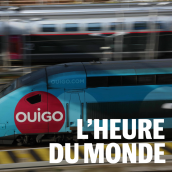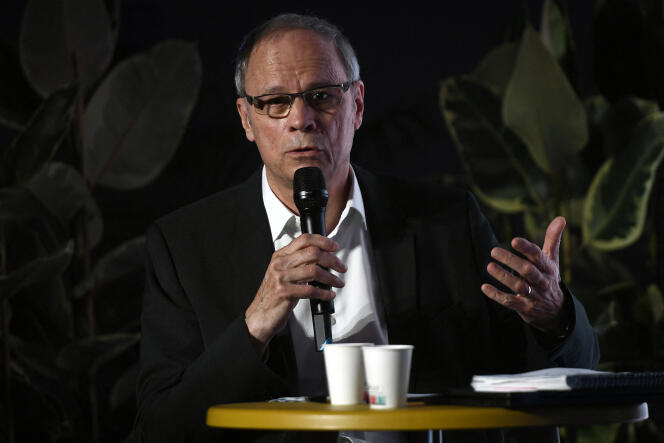It was well worth a new association. Economists specializing in transport issues have to solve one of the most difficult puzzles of the energy transition: how to reduce the sector’s carbon emissions? These are the only ones that have not changed since the Paris climate agreement in 2015. Certainly, cars, trucks or planes are more energy efficient, but the demand for travel continues to increase, which neutralizes the positive effect of technologies. How to reverse the trend? To think about it better, they formed AFET, the French Association of Transport Economics, which is holding its inaugural conference on Wednesday November 22 and Thursday November 23 at the Paris School of Economics.
It was Marc Ivaldi, one of the founders of the Toulouse School of Economics (TSE) with Jean Tirole, who took the initiative for this grouping. For a long time, research on transport remained concentrated around two centers, Cerema, a public institute, and the Transportation Economics and Development laboratory (LAET) at the University of Lyon-II. But the discipline is experiencing a revival and now has younger researchers all over France, who need to meet.
For this inaugural session, they will be encouraged by Katheline Schubert, member of the High Council for the Climate, from whom AFET asked for an opening speech. Beware of those who propose a pricing policy, such as a carbon tax, to reduce emissions or dissuade the French from taking their car. This is the solution “the most recommended by economists, but it is only recommended by economists! », recalls this specialist in the economics of climate change. Since the “yellow vest” crisis, everyone has understood this.
The question of pricing
Will AFET move away from this dogma to propose other paths? An economist cannot be remade and the question of pricing is essential for them. However, they are looking for finer, almost individual solutions. Isis Durrmeyer, researcher at the Toulouse School of Economics, has modeled several options to reduce traffic in a metropolis like Paris and ultimately recommends a toll system. Its advantage? It provides revenue that can be redistributed to have very targeted aid policies, particularly for the purchase of electric cars.

Also listen Train tickets: why are they so expensive?
Carine Staropoli, professor at the University of Rouen-Normandie and researcher at the Paris School of Economics, used experimental economics, with role-playing games, to demonstrate that it would be interesting to get away from choice binary: monthly subscription (Navigo pass type) or very expensive single ticket in public transport, and to switch to a “usage pricing”, more individualized. Like Katheline Schubert, Marc Ivaldi warns: “What we are certain of at this stage is that no one-dimensional solution works, we need an overall vision. » For transport needs to decrease, society must change.
